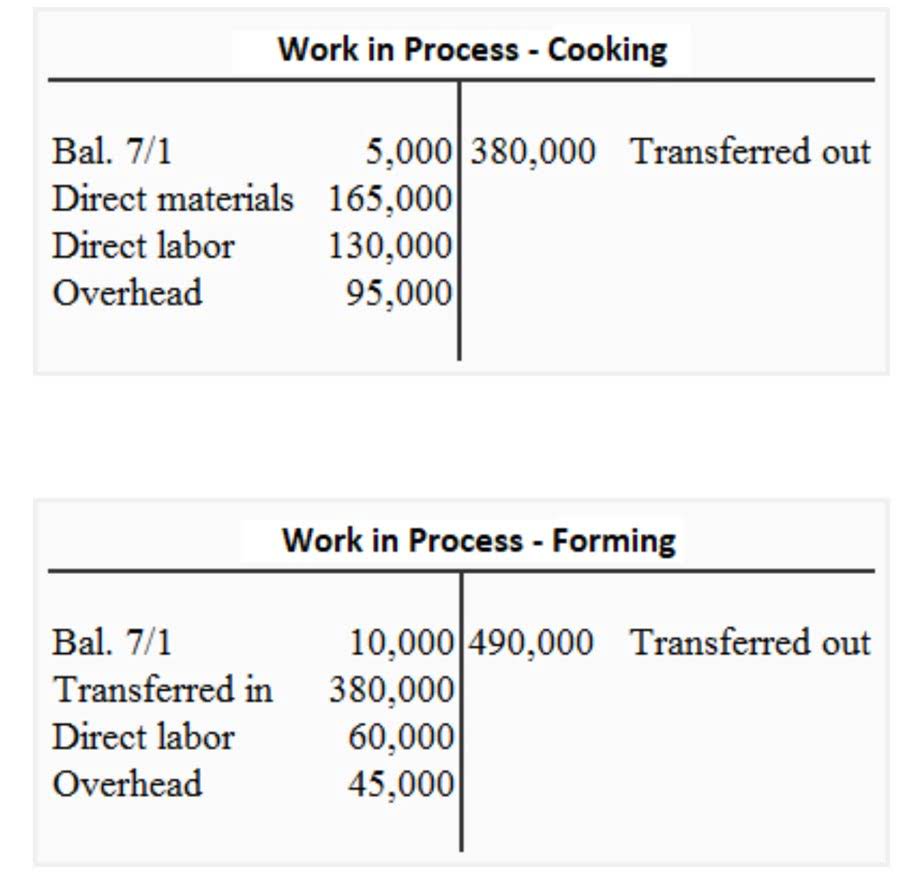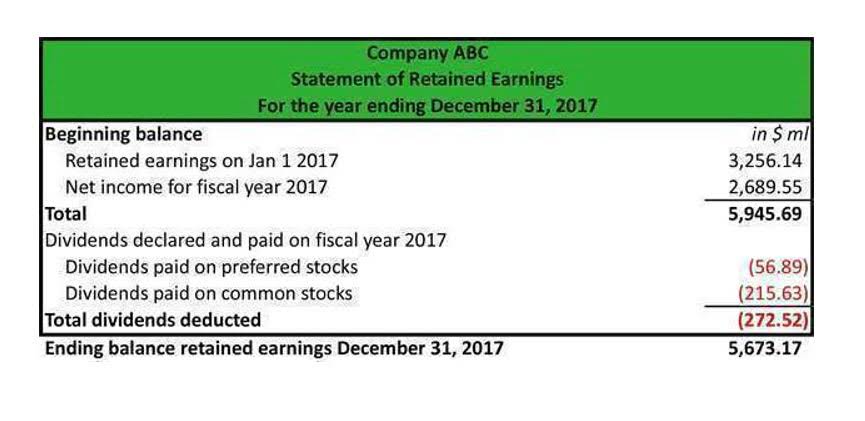Content

Moreover, it allows data capture through its mobile app for both Android and iOS devices. In this way, you can save your invoices or other important bookkeeping documents on the system even if you are on the go. Moreover, the platform has an expense on the go feature thanks to its mobile apps for iOS and Android users. Also, it has a Bookkeeping for Startups free plan available that accommodates three users and 5GB of receipt storage. Furthermore, this free plan is also furnished with other features and capabilities. These include free support, SSL encryption, 100 Auto Scans, and even multi-currency support. Lastly, paid plans start at a very low price of $15 per month per organization.
Punch offers online bookkeeping, outsourced CFO consulting, cash flow management, accounts payable and receivable, key metrics and automation. Melio is another useful accounts payable software for bookkeeping. As it is designed for small businesses, it is also very useful for startups. The platform allows users to make payments via bank transfer and debit card for free.
- FreshBooks is best for those Companies That Issue Recurring Invoices or Use Subscription Models.
- Professional.Established remote bookkeeping firms have an extensive client base, which means you’ll have an experienced team helping you.
- Zoho Books lets you generate top class reports for product sales reports and account transactions.
- With the built-in expense tracking, accounting software is extremely useful for keeping an eye on where your money’s going.
- Regardless of how far along you are in getting your startup off the ground, our streamlined bookkeeping platform will help you stay on top of your finances.
- Despite knowing the importance of meticulous bookkeeping in business continuity and growth, startup owners tend to either hire inexperienced professionals or do the bookkeeping themselves.
As your startup grows, well-kept financial records will help you get the funding that you will need. Outsourcing your startup’s bookkeeping gives you a way to ensure everything is handled.
Do I Need Accounts From Day One Of My Startup?
Lastly, Zoho Books is also accessible via its mobile applications for both iOS and Android devices. Zoho Books is another popular bookkeeping platform from software giant Zoho.
Also, when you have your records up to date, you are able to not only gauge your profits but also identify where you can cut costs, plan for major investments and develop strategies for growth. Punch started working with Honey when they had 12 employees, and they were a very small SaaS company who was just starting to generate revenue. https://www.bookstime.com/ Punch worked with Honey for over 2 years until we helped transition them to their own in-house team and were being audited by Ernst & Young. Looking for financial services and leadership that grows with you? An accountant can help you select and integrate a system that aligns with your unique business model and growth targets.
Business Accounting Software Pros And Cons
Good bookkeeping provides entrepreneurs and small business owners detailed, accurate and timely records that assist in the decision-making process and audits. Financial statements will be the best friend to the business. Having a good CFO, accountant and bookkeeper will aid in tracking and utilizing financial statements. Accurate books will help you see that you have enough money coming in and out of business. It will also help you save time and make critical business decisions. Our clients have raised over $10 billion in venture capital financing.
While it’s true that accounting should be a priority, during the startup phase, you can begin with simple measures and increase the formality of your accounting processes as you grow your business. Plooto’s vision is to provide a robust financial operations platform to automate and simplify complex workflows, by unifying payments, processes, control, reconciliation, and reporting. Looking at the accounting software landscape it can be quite tough to figure out where to start and what tools to choose.
The Founders Guide To Startup Accounting
Even if your LLC didn’t do any business last year, you may still have to file a federal tax return. Startup founders operating on a limited budget often take on tasks outside their skill sets to avoid hiring staff or independent contractors. They quickly become marketers, operations managers, even bookkeepers—and that’s not always a good thing.
It’s important to show whether more money goes to marketing and sales, product development, inventory, or elsewhere. Before we get into accounting strategies and tips, you first need to tick off a few crucial pieces of documentation. Almost no matter the size or type of business, you’ll need these. Once your team is large enough, you may choose to have in-house accountants as part of a wider finance team. It may seem annoying, but clear books can actually be a wealth of information about your own business.
We’re passionate about accounting automation, and we’ve already written plenty about it. We saw above that reconciling company cards can be a lot of work. And that’s mainly because they’re not really designed to help you out. If you store documents in the cloud, you can get at them even when you’re not in the office. But as we also mentioned above, these things need to be proven. Read Beyond Equity, our article series on non-dilutive startup financing.
Thank you for signing up for insights from Silicon Valley Bank. Each month we’ll share insider knowledge and lessons from breakthrough founders, advisors, and VCs that can help you navigate fundraising and operate more efficiently. Send me insights about early-stage fundraising and operations. That longevity was in Woock’s mind when he hired his former colleague as head of finance. “It was important to have someone I trusted, that would provide some continuity,” Woock says.
When Should You Hire An Accountant?
We guide businesses owners through thebasics of financial statements including income statements, balance sheets and cash flow statements. Experienced services like Countsy exist to make light work of the accounting for startups. Staying on top of payables, receivables, sales tax reporting, payroll tax reporting, banking and credit card reconciliations and balance sheet reconciliations in preparation for your monthly close. All are keeping your monthly close and payroll on track, ramping up their efforts alongside the growth of your company.

While having a sound accounting and bookkeeping system in place may help reduce your tax liabilities, the benefits concerning taxes don’t end there. There are many other benefits to it, particularly regarding the preparation of tax documents. A skilled accountant can use historical financial reports to measure your company’s trajectory and then recommend prescriptive actions. This can include projecting P&L and balance sheets, setting long-term financial goals, and identifying investment opportunities and target goals.
While it is not strictly necessary to focus a ton of energy on accounting in the early days of a business, failure to pay any attention at all might cause problems down the line. You may choose different approaches to finance at various points—from DIY to hiring experts. But the key is that you stay close enough to understand how to add value at key points without getting too bogged down in the minutiae. If you don’t understand the variables that make up a financial forecast, you might not realize that there are other levers to pull to get the same results over time.
Set Up Expense Tracking
Using this software, you can easily track income and expenses and see them in a report format. Our company has found that QuickBooks™ is the best accounting software for startup companies. Instabooks startup accounting software and finance app is designed for new business and startups. AI-based bookkeeping software for businesses and accounting firms. It features automated transaction recording of invoices, expenses, bill payments, and more. It also offers ledger accounting, pre-accounting, and account reconciliation solutions.

Whether you outsource or hire a bookkeeper to your staff, don’t assume you can apply a set-it-and-forget-it mentality. As a founder, checking in periodically with your bookkeeper helps you understand your startup’s runway. It can also alert you to any trends that you need to monitor, like an uptick in vendor charges. Effective bookkeeping can and should help you plan for sizable expenses. But in order for that to work, those outputs need to be accounted for in your bookkeeping efforts. Make sure you alert whoever handles your bookkeeping, whether that’s an internal team member or an external partner, to any major costs you anticipate in the future. If your company is in the early stages and you haven’t yet given much thought to your accounting systems and processes…now is the time.
Know The Difference Between Bookkeeping And Accounting
The balance sheet sets out the company’s assets and liabilities. These essentially tell you how financially healthy the business is. And in best-in-class companies, other employees also have an interest in financial data. They use it to create better products, identify ideal customers, and prove the overall value of their efforts. Some businesses in specific situations might benefit from hiring an accountant early.
Reviewing the financial health of your business should also be checked monthly. A question every founder asks is, “do we have enough money to keep operating? ” Looking into your financial standing will help your company see if it has enough cash coming in or if it is time to make changes. If your startup is sprouting, this article will teach you all thingsbookkeepingand accounting.
Instabooks online bookkeeping software and finance app is built for startups. – because it’s complex, time consuming, expensive, gives no cash flow insight and finding a competent bookkeeper is difficult- hundreds of tech founders told us. Whether you manage a software or IOT startup, you have numerous SaaS income transactions to record in addition to monthly SaaS subscription expenses to pay and record. Instabooks enables you to record daily accounting transactions in real time using simple voice commands. It fully automates invoicing, debiting, crediting, journalising, ledgering and updating financial statements.
Accounting For Startups 101: A Beginner’s Guide
That doesn’t necessarily mean you have to hire someone full-time. At that stage, hiring a bookkeeper to do the work, while taking time to oversee it, makes sense, says Brett Galloway, a former Cisco executive who is now angel investor and CEO of AttackIQ. As you go from coding a prototype to hiring people, gaining traction in the market to pitching investors, what you need to know—and the services and experts you should rely on—will change. We make it easy to get a clear picture of your finances—both where they are today and where they need to go. Reach your growth objectives with strategic finance support including forecasting, fundraising, and more. Earlier, we used Spreadsheets for maintaining our accounts and Zoho CRM for invoicing. Now, with Zoho Books, we have unified and reliable information.
Different businesses have different accounting and bookkeeping processes. NetSuite ERP addresses this by providing startups with a dynamic general ledger that you can customize according to your business requirements. Among the ledger’s customizable features are account types, types of transactions, and reporting. Furthermore, you can automate various processes, such as workflows, transaction matching, and journal entry posting.

